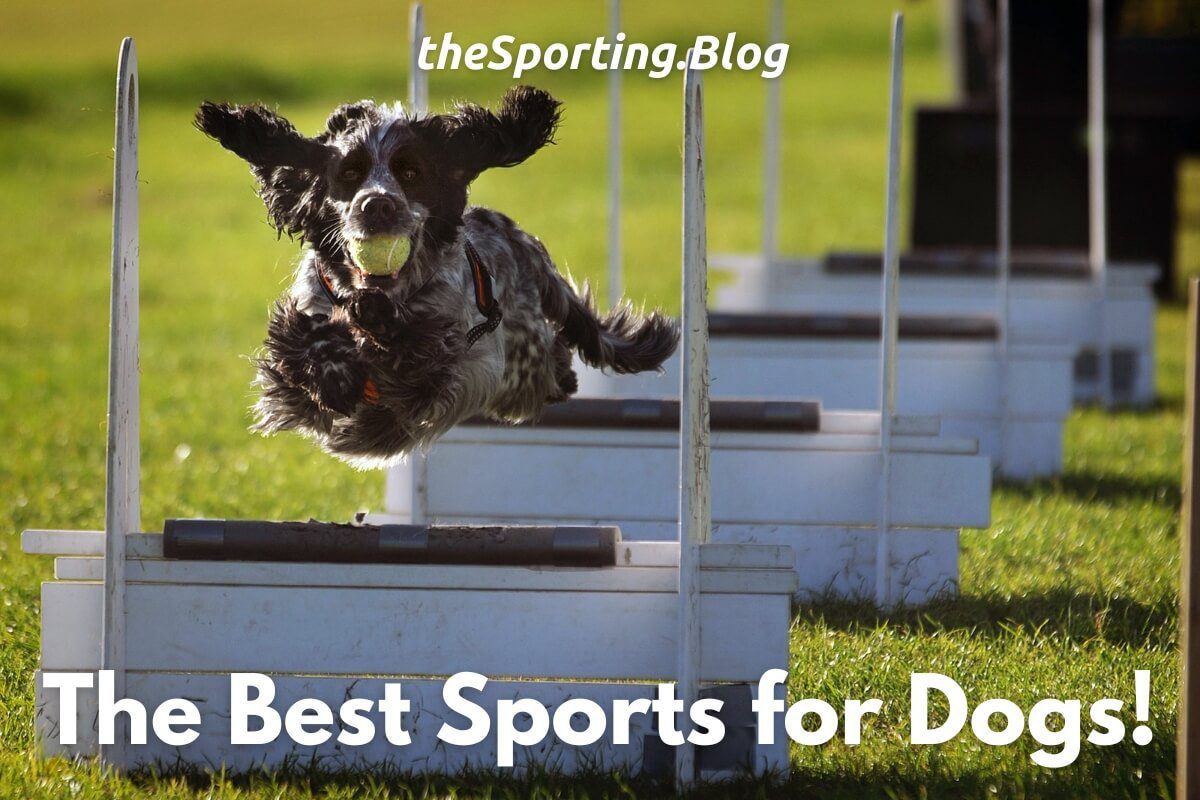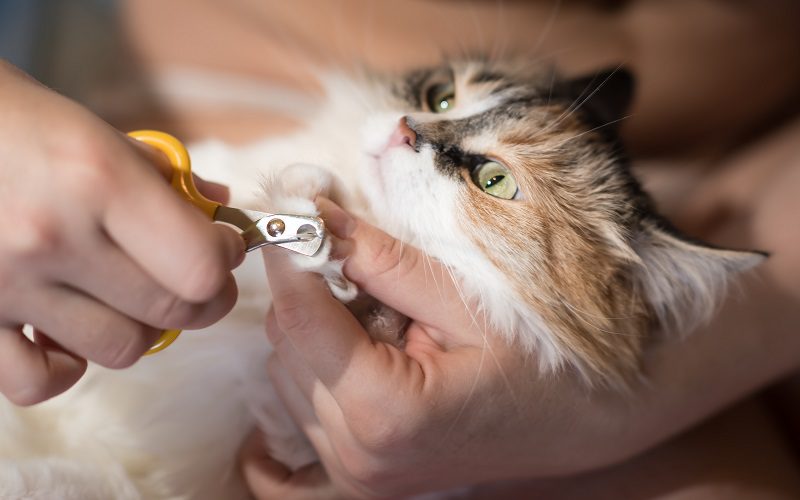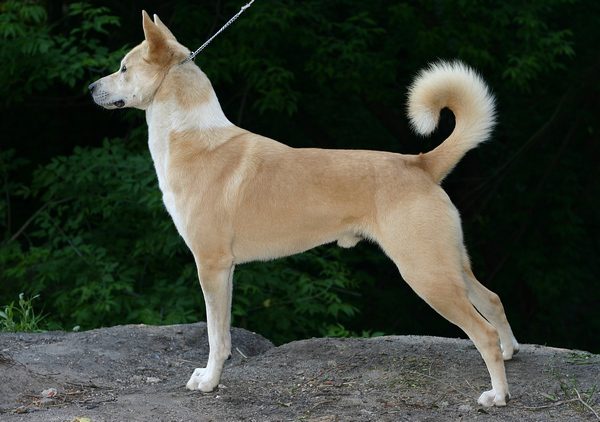Key Takeaways:
- Research and choose the right breed for show dog competitions, considering characteristics, temperament, and grooming requirements.
- Start training your show dog from a young age, focusing on obedience commands, socialization with people and other dogs, and proper leash manners.
- Regular grooming is essential for show dogs, including brushing their coat, trimming nails, cleaning ears, and maintaining dental hygiene.
- Show dogs need to be in top physical condition, so provide regular exercise through walks, playtime, and mental stimulation activities.
- Attend local dog shows to observe experienced handlers and learn more about the competition process; consider hiring a professional handler if necessary.
Are you ready to embark on an exciting journey into the world of show dogs? Imagine strutting down the runway, your perfectly groomed coat shimmering under the spotlight, as judges admire your every move. Becoming a show dog opens up a whole new world of opportunities and benefits for both you and your furry friend.
Not only will you develop a stronger bond with your pet, but you'll also gain valuable skills in training, grooming, and handling. Plus, did you know that show dogs often receive special recognition and even earn prizes for their outstanding performances?
Whether you're a seasoned dog owner or just starting out, understanding how to become a show dog is essential if you want to unlock these incredible experiences. So, let's dive into the fascinating world of show dogs together and discover the path to success!
What does it mean to be a show dog?
Becoming a show dog means that you are entering the exciting world of dog competitions. Show dogs are specially trained and groomed to participate in events where they are judged based on their appearance, movement, and temperament. These competitions are held to find the best examples of each breed, showcasing their beauty and adherence to breed standards.
Show dogs go through extensive training to learn how to walk and stand properly in the show ring. They also need to be comfortable being handled by judges and staying calm amidst all the excitement. Show dogs often start their journey as puppies, with their owners or handlers working closely with them to develop their skills and confidence.
Skills needed for show dogs:
- Proper walking and standing
- Calmness during handling
- Good temperament
- Adherence to breed standards
The role of judges:
Judges play a crucial role in determining which dogs win at shows. They have extensive knowledge about each breed's characteristics and evaluate the dogs based on how well they match those standards. Judges assess factors such as coat quality, body structure, movement, and overall appearance.
Getting started in the world of show dogs
If you're interested in becoming a show dog owner or handler, there are some important steps you need to take. First, you'll want to research different breeds and choose one that suits your lifestyle and preferences. Each breed has its own unique qualities and requirements for success in the show ring.
Once you've chosen a breed, it's essential to find a reputable breeder who can provide you with a healthy puppy that has good potential for show success. Building a strong relationship with your breeder is important, as they can offer guidance and support throughout your journey in the show dog world.
Steps to getting started:
- Research different breeds
- Choose a breed that suits your preferences
- Find a reputable breeder
- Select a healthy puppy with show potential
The importance of mentorship:
Mentorship is crucial when starting out in the world of show dogs. Finding an experienced handler or breeder who can guide you and share their knowledge is invaluable. They can teach you the ins and outs of handling, grooming, and training your dog for shows. Having a mentor also provides emotional support and encouragement during both successes and setbacks.
Important steps for becoming a show dog
Understanding the requirements
To become a show dog, it is crucial to understand the specific requirements and standards set by different kennel clubs or organizations. Each breed has its own unique characteristics that judges look for in competitions. Researching and studying these standards will help you know what to expect and how to prepare your dog accordingly.
Selecting a reputable breeder
Choosing the right breeder is an essential step in your journey to becoming a show dog. Reputable breeders have extensive knowledge about their breeds and can provide you with a puppy that has good genetics and potential for success in the show ring. They will also guide you through the process of training and preparing your dog for competitions.
Key points:
- Understand the requirements set by kennel clubs.
- Research and study breed standards.
- Select a reputable breeder who can provide guidance.
Choosing the right breed for show dog competitions
Evaluating temperament and personality
When choosing a breed for show dog competitions, it is important to consider their temperament and personality traits. Some breeds are naturally more outgoing, confident, and eager to please, which can make them better suited for the show ring. Understanding these traits will help you find a breed that aligns with your goals as a handler.
Assessing physical attributes
Physical attributes play a significant role in show dog competitions. Evaluating factors such as size, coat type, structure, and movement will help you determine if a particular breed has the potential to excel in shows. It is important to choose a breed that showcases desirable physical characteristics according to breed standards.
Key points:
- Consider temperament and personality traits of different breeds.
- Assess physical attributes according to breed standards.
Preparing a dog for show ring success through training and socialization
Basic obedience training
To succeed in the show ring, dogs need to have a solid foundation of basic obedience training. This includes commands such as sit, stay, heel, and come. Training should be consistent, using positive reinforcement techniques to encourage desired behaviors. A well-trained dog will be more focused and responsive during competitions.
Socialization with people and other dogs
Socialization is crucial for show dogs as they need to interact confidently with judges, handlers, and other dogs. Exposing your dog to various environments, people, and animals from an early age will help them develop good social skills. Regular visits to parks, training classes, and events can provide valuable opportunities for socialization.
Key points:
- Provide basic obedience training using positive reinforcement.
- Socialize your dog with different people and dogs from an early age.
Grooming and presentation in the world of show dogs
Careful coat maintenance
Grooming plays a vital role in presenting a show dog at their best. Depending on the breed, grooming requirements may vary significantly. Regular brushing, bathing, trimming of nails, and cleaning of ears are essential for maintaining a healthy coat. Understanding the specific grooming needs of your breed will help you achieve a polished appearance in the show ring.
Presentation skills
Presenting your dog effectively in the show ring requires practice and attention to detail. This includes proper handling techniques such as stacking (positioning the dog's legs), gaiting (showing movement), and maintaining eye contact with the judge. Developing these presentation skills through training sessions will enhance your chances of success.
Key points:
- Maintain a well-groomed coat according to breed requirements.
- Practice presentation skills like stacking and gaiting.
Challenges and rewards of being a show dog
Intense competition
The world of show dogs is highly competitive, with many skilled handlers and exceptional dogs vying for top positions. It requires dedication, hard work, and continuous improvement to stand out in such a challenging environment. However, the thrill of competing against the best can be incredibly rewarding.
Bonding with your dog
Participating in show dog competitions allows for a unique bond between you and your dog. The time spent training, grooming, and preparing together strengthens the relationship and creates a strong sense of teamwork. The joy of achieving success as a team can be immensely fulfilling.
Key points:
- Show dog competitions are highly competitive.
- Participating strengthens the bond between you and your dog.
In conclusion, becoming a show dog requires dedication, training, and a strong bond with your furry friend. With the right preparation and commitment, you can embark on an exciting journey in the world of dog shows and create unforgettable memories together.
At what age do you start showing dogs?
Dogs that are at least six months old on the day of the show and are recognized as a breed by the AKC must also be registered with the AKC.
Is showing dogs profitable?
While winning a dog show may not bring in a lot of money, most shows do not offer cash prizes. However, many participants still find value in competing and winning, as there is no feeling quite like it.
What not to do at a dog show?
Handlers have a hard time accessing the rings when people are blocking the entrance. It is important not to lean over the rings or engage with handlers while they are showing. If you have young children, please do not allow them to approach dogs or put their hands or fingers in crates or exercise pens.
What do dogs want when they show their belly?
When dogs lie on their backs and show their bellies while they are awake, it is usually a sign that they trust and feel relaxed in your presence. This behavior can also indicate submission, as it is the dog's way of showing that they pose no threat.
What makes a dog best in show?
The primary factor to consider is the overall appearance, temperament, and structure of the dog.
Can any dog be in a dog show?
If a dog is registered with the AKC before the day of the show, it is eligible to be entered in the Bred-by-Exhibitor class. The owner/breeder listed in the AKC registration must handle the dog during the show.

















